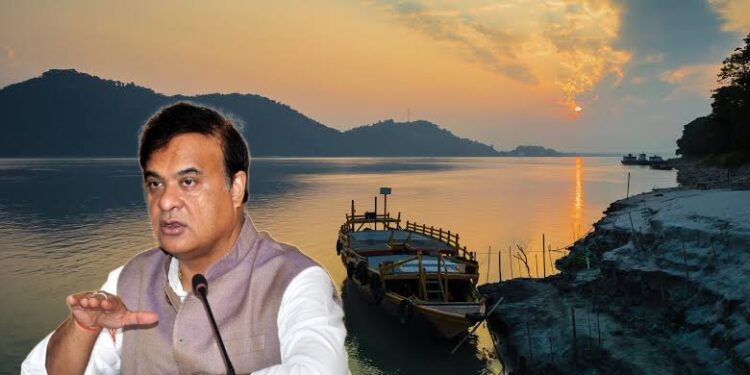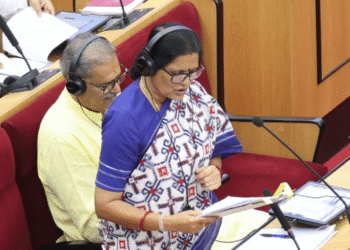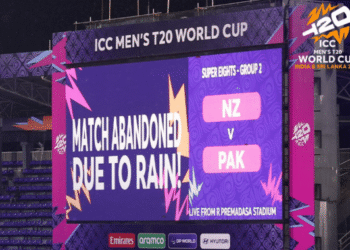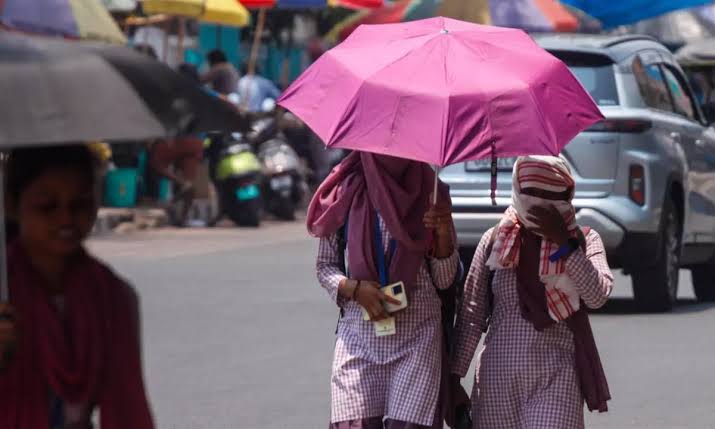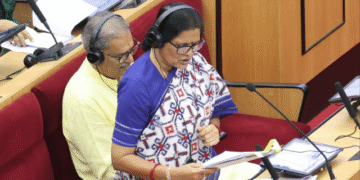Amid fresh concerns raised by Pakistan over China potentially restricting Brahmaputra River flow into India, Assam Chief Minister Himanta Biswa Sarma has delivered a strong rebuttal, dismissing the claims as fear-mongering and factually incorrect.
In a statement posted on X (formerly Twitter) on Monday, Sarma responded to growing chatter around the question: “What if China stops Brahmaputra water to India?”—a hypothetical scenario recently floated in Pakistan’s media ecosystem.
“Let’s dismantle this myth, not with fear, but with facts and national clarity,” the Assam CM wrote, pointing out that the Brahmaputra is primarily a rain-fed Indian river whose strength lies within Indian territory.
Backing his argument with hydrological data, Sarma said that China contributes only 30-35% of the Brahmaputra’s total volume, largely through glacial melt and sparse rainfall on the Tibetan plateau, where the river is known as the Yarlung Tsangpo. However, once it enters Arunachal Pradesh and Assam, the river swells dramatically due to monsoon rains and inflows from Indian tributaries.
He noted that:
-
At the Indo-China border (Tuting): flow is 2,000–3,000 cubic metres/second
-
In Assam during monsoon: flow jumps to 15,000–20,000 cubic metres/second
Turning the argument on its head, Sarma said that even if China reduced upstream flow, it could potentially reduce the annual flood devastation in Assam, where lakhs are displaced each year.
“The Brahmaputra is not a river India depends on upstream,” he said. “It is strengthened after entering Indian territory.”
Sarma emphasized that China has never officially threatened to weaponize the Brahmaputra and criticized Pakistan for spreading alarmist narratives.
He added that Pakistan, which has long benefited from the Indus Waters Treaty, now seems to be “panicking” as India reclaims water sovereignty and challenges old water-sharing norms.
“Brahmaputra is not controlled by a single source. It is powered by our geography, our monsoon, and our civilisational resilience,” Sarma concluded.
While water diplomacy remains delicate in the region—especially with China being an upper riparian country—India has maintained that it is not dependent on foreign sources for the majority of its critical river systems, including the Brahmaputra.
This latest statement from Assam’s CM aligns with India’s broader strategic push for hydrological self-reliance, especially amid mounting regional tensions.

